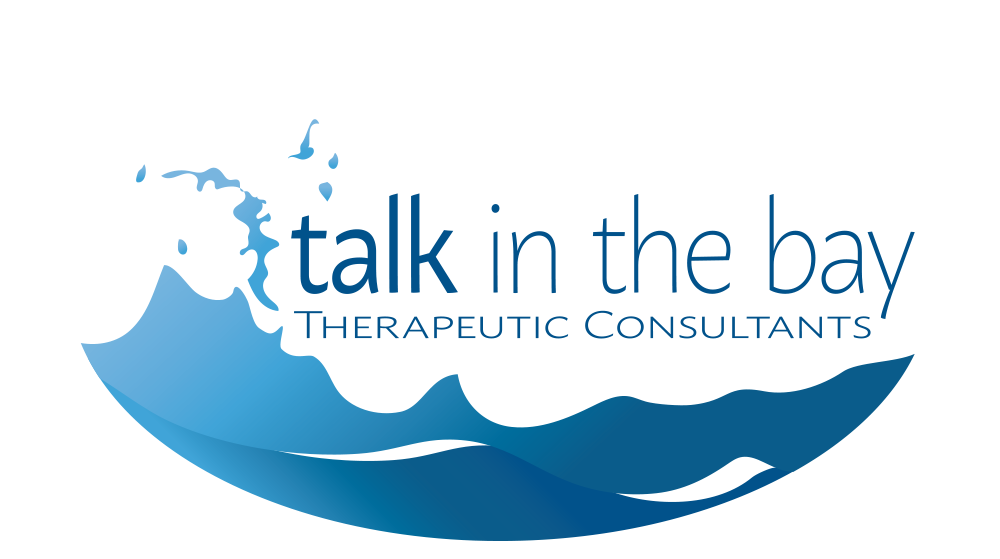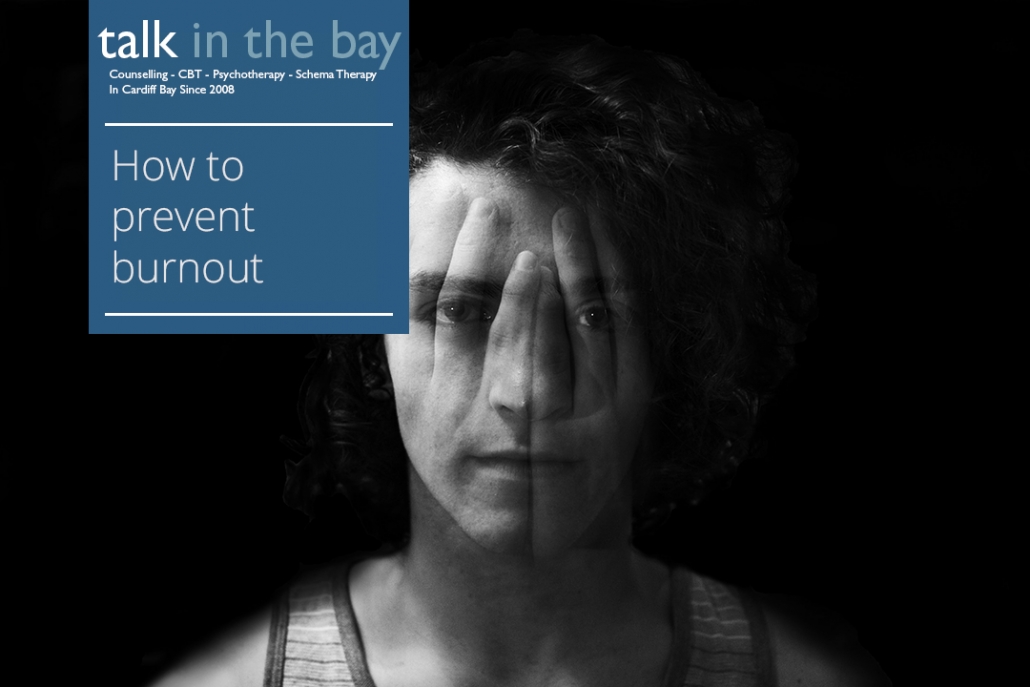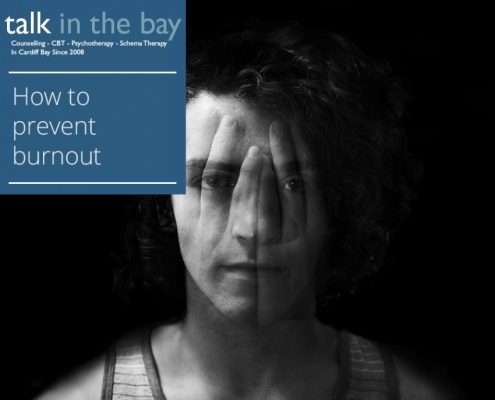What is emotional dysregulation counselling?
Emotional dysregulation is a term used in the mental health community when an individual does not respond to a person, place, thing, or event in a manner that would generally be considered within the normal range of emotions. An example of this might be rage over a broken nail, or hysterics over a missed appointment. It refers to an emotional response that is not well modulated.
Affect or emotional dysregulation is a hall-mark of Complex Post Traumatic Stress Disorder. Affect regulation is the relative ability to tolerate painful affect, also known as affect tolerance, and affect modulation, which is the ability to internally reduce distress without resort to defensive mechanisms. Emotional dysregulation or affect regulation problems are often caused by early trauma exposure. (Pynoss, Steinberg, & Piacentini, 1999; Shcore, 2003)
 https://talkinthebay.co.uk/wp-content/uploads/2022/10/World-Mental-Health-Day-2022-e1716448698921.jpg
563
1080
Carin Stenbeck
https://talkinthebay.co.uk/wp-content/uploads/2022/02/TalkintheBay_Logo_300dpi_Large.png
Carin Stenbeck2022-10-03 13:53:512022-10-04 13:39:59World Mental Health Day 22
https://talkinthebay.co.uk/wp-content/uploads/2022/10/World-Mental-Health-Day-2022-e1716448698921.jpg
563
1080
Carin Stenbeck
https://talkinthebay.co.uk/wp-content/uploads/2022/02/TalkintheBay_Logo_300dpi_Large.png
Carin Stenbeck2022-10-03 13:53:512022-10-04 13:39:59World Mental Health Day 22




